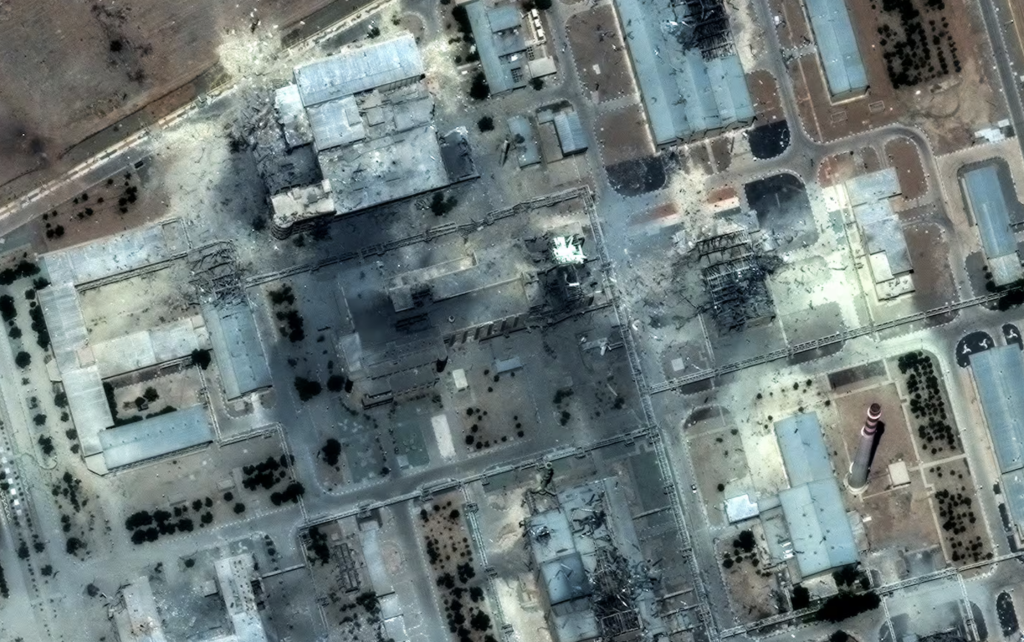Iran acknowledges nuclear damage, reopens international talks

Weeks after joint US-Israeli strikes on Iranian territory, Tehran has publicly acknowledged severe damage to its nuclear infrastructure and signalled readiness to reopen international talks, Radio France Internationale (RFI) reported on July 22nd.
Fearing the reinstatement of United Nations sanctions under the terms of the 2015 nuclear agreement, Iran is first engaging with its key allies, Russia and China, before resuming discussions with Western powers. These parallel diplomatic tracks reflect Tehran’s strategy to secure regime survival and international support.
For the first time since the attacks, a senior Iranian official has openly admitted the extent of the damage. “The destruction caused was very significant and uranium enrichment has been stopped” said Foreign Minister Abbas Araghchi in a televised interview with the American network Fox News. He emphasized, however, that Iran will not abandon its uranium enrichment programme, according to RFI’s Tehran correspondent Siavosh Ghazi.
Meanwhile, US President Donald Trump has warned that Washington is prepared to launch further strikes if necessary, reiterating the administration’s demand for a complete end to Iran’s nuclear programme.
These developments come as Iranian diplomats prepare to meet with representatives from France, the United Kingdom, and Germany (E3) on July 25th. Talks had previously stalled following the escalation of hostilities with Israel. The E3 states have urged Tehran to return to the negotiating table, not only regarding its nuclear activities but also its ballistic missile programme.
While the US and Israel maintain that Iran is seeking to develop nuclear weapons, Tehran insists its ambitions are strictly civilian. The upcoming talks with Russia and China, set for July 22nd, are therefore a key step in Iran’s effort to delay or avoid new sanctions, ahead of European negotiations.
According to Iran specialist Clément Therme, these parallel discussions serve a deeper purpose: “Russia and China are international partners that are not permanent members of the Western Security Council. They are crucial to ensuring the survival of the Iranian regime. Relations with them are a priority,” he told RFI’s Lila Olkinuora.
These alliances are especially critical as European countries threaten to trigger the “snapback” sanctions mechanism. By the end of October, Europe has the authority to reimpose sanctions. Tehran is therefore focusing first on Moscow and Beijing, both of whom are seen as supportive of delaying punitive measures.
Despite the West’s pressure, Therme argues that Europe’s role in the negotiations is limited: “It is true that the Europeans aren’t leading a coherent diplomatic front. They are essentially junior partners to the US, acting as a complement to American sanctions,” he said.
Esmaïl Baghaï, spokesperson of Foreign Minister Araghchi, also criticised the EU’s failure to uphold its part of the 2015 nuclear deal. After the US unilaterally withdrew in 2018, European countries were expected to maintain trade with Iran. However, many companies pulled out amid economic instability.
Radio France Internationale, Maghrebi.org, Fox News
Want to chase the pulse of North Africa?
Subscribe to receive our FREE weekly PDF magazine














